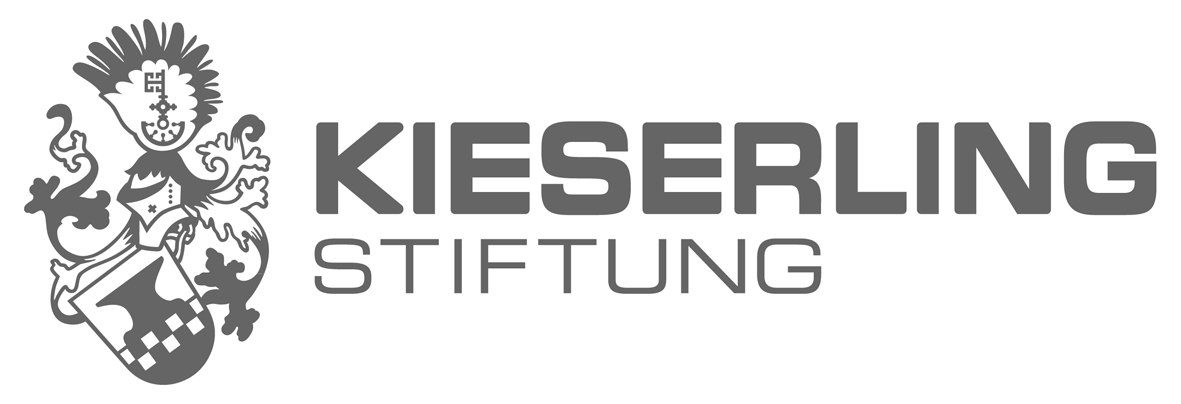Shipping & Chartering (B.A.)
"Graduates of the International Degree Programme in Shipping and Chartering" (ISSC) are qualified to engage directly and professionally in gainful employment in the primary and secondary maritime service sectors, even in executive functions. The curriculum reflects an interdisciplinary array of maritime subjects. By combining these vital subjects, necessary for leadership in the maritime business, the ISSC degree is unique in the German system of higher education. Graduates acquire their competencies by undertaking studies in six theoretical semesters imparting knowledge in the most important maritime business related areas, combining especially maritime economics, business studies of shipping companies (voyage and time charter fixtures), costs and performance calculations, company simulation, ship finance, quality management as well as logistics. Furthermore, the curriculum combines a broad general knowledge on the most important legal challenges in trade law, carriage of goods by sea and transport law, charter parties as well as insurance law and practice. These subjects are complemented by basic technical knowledge in the areas of ship technology, port economics, dangerous goods, safety and security as well as emergency management. The areas of so-called "social skills" are covered as well, in particular, ISSC graduates shall be fluent in the daily use of the unique English-language terminology of the global maritime business but also in situations of public exposure to the press and media. Finally, during their fifth semester, ISSC students complete a mandatory internship (practical placement period) in a foreign maritime business or transport enterprise."
(Source: http://www.zeva.org/en/program-accreditation/akkreditierte-studiengaenge/detail/4016/)
Further information: http://www.hs-bremen.de/internet/en/studium/stg/issc/
Ship Management (B.Sc.)
"Graduates of the study programme ISSM are qualified to directly engage in gainful employment as watchkeeping officers on board ship.
The curriculum reflects the provisions of the International Convention of Standards of Training, Certification and Watchkeeping (STCW). According to the STCW-Convention every student has to spend a minimum of 52 weeks under the supervision of the responsible person on board a merchant vessel. This is assured by means of two practical placement periods (semester 1 and semester 6).
On board seagoing vessels the watchkeeping officer is in charge of a navigational watch and responsible for all duties (e.g. navigation, cargo control, …). After only two to three years’ work experience as watchkeeping officer graduates may apply for the Master Mariner’s certificate of competency at the responsible authority. Therefore graduates of the study programme ISSM are already a few years after graduation in the position to take over command on board a merchant ship."
(Source: http://www.zeva.org/en/program-accreditation/akkreditierte-studiengaenge/detail/3198/)
Further information: http://www.hs-bremen.de/internet/en/studium/stg/nautik/
Naval Architecture and Ocean Engineering (B.Eng.)
"The course is designed to provide graduates for the regional maritime industry, therefore the knowledge of local industrial structure and workflow is important. The course focuses on practical oriented competency in shipbuilding and engineering.
The degree course covers engineering and shipbuilding fundamentals, advanced shipbuilding and ocean engineering applications with emphasis on ship design. A practical external semester (5th semester) in shipbuilding or maritime industry is part of the course. The degree course is finished with a bachelor thesis preferably in cooperation with industry."
(Source: http://www.zeva.org/en/program-accreditation/akkreditierte-studiengaenge/detail/2909/)
Further information: http://www.hs-bremen.de/internet/de/studium/stg/sm/index.html
International Degree Course in Naval Architecture and Ocean Engineering (B.Eng.)
"The goals, design and contents of the programme are aimed at the needs which the labour market has for engineers in general as well as for those who work in the field of maritime technology in particular. Of primary consideration are the experiences and structures of a scientifically supported but at the same time intentionally practically oriented training at a technical college. In the basic studies phase (1st to 4th semesters) primarily general technical and subject-specific foundational courses are taught.
In the in-depth studies phase (5th to 7th semesters) these subject-specific foundations are extended. In addition to the compulsory subjects to which all students are bound, students can select compulsory electives in a meaningful combination, by which means competence in particular areas is expanded. The fifth semester is completed as an "practicum semester abroad" and the sixth semester as a "foreign studies semester". In the 7th semester the programme is concluded with a Bachelor's thesis."
(Source: http://www.hs-bremen.de/internet/en/studium/stg/idino/inhalte/)
Further information: http://www.hs-bremen.de/internet/de/studium/stg/idino/
Integrated Degree Course Naval Architecture and Ocean Engineering (B.Eng.)
"The integrated course is designed to qualify graduates in cooperation with regional partners companies and to strengthen the knowledge of local industrial structure and workflow. The course focuses on practical oriented competency in naval architecture and engineering. The degree course covers engineering and naval architecture fundamentals, advanced shipbuilding and ocean engineering applications with emphasis on ship design. A practical semester (7th semester) in the cooperating companies is part of the course. The degree course is finished with a bachelor thesis. The integrated degree course reacts on the requirement to add additional practical experience by an parallel industrial training with skilled workman graduation. The skilled workman graduation starts in the 1st and 2nd semester at the cooperating company and continuous from the 3rd semester at the university."
(Source: http://www.zeva.org/en/program-accreditation/akkreditierte-studiengaenge/detail/2912/)
Further information: http://www.hs-bremen.de/internet/de/studium/stg/smp/index.html
Naval Architecture and Ocean Engineering (M.Eng.)
"The master degree course "Naval Architecture and Ocean Engineering" is a course program offered in three semesters. Courses start yearly in Summer term. Prerequisites for admission to the master program are the fulfillment of a first degree course from a university, university of applied sciences or a similar, foreign institution in relevant programs) with a mean grade "gut" (2,5). A written statement with the presentation of the prospective student's motivation complete the admission requirements. For more Information regarding the admission requirements please refer to the web page of the Bremen University of Applied Sciences."
(Source: http://www.zeva.org/en/program-accreditation/akkreditierte-studiengaenge/detail/4017/)
Further information: http://www.hs-bremen.de/internet/de/studium/stg/smm/


